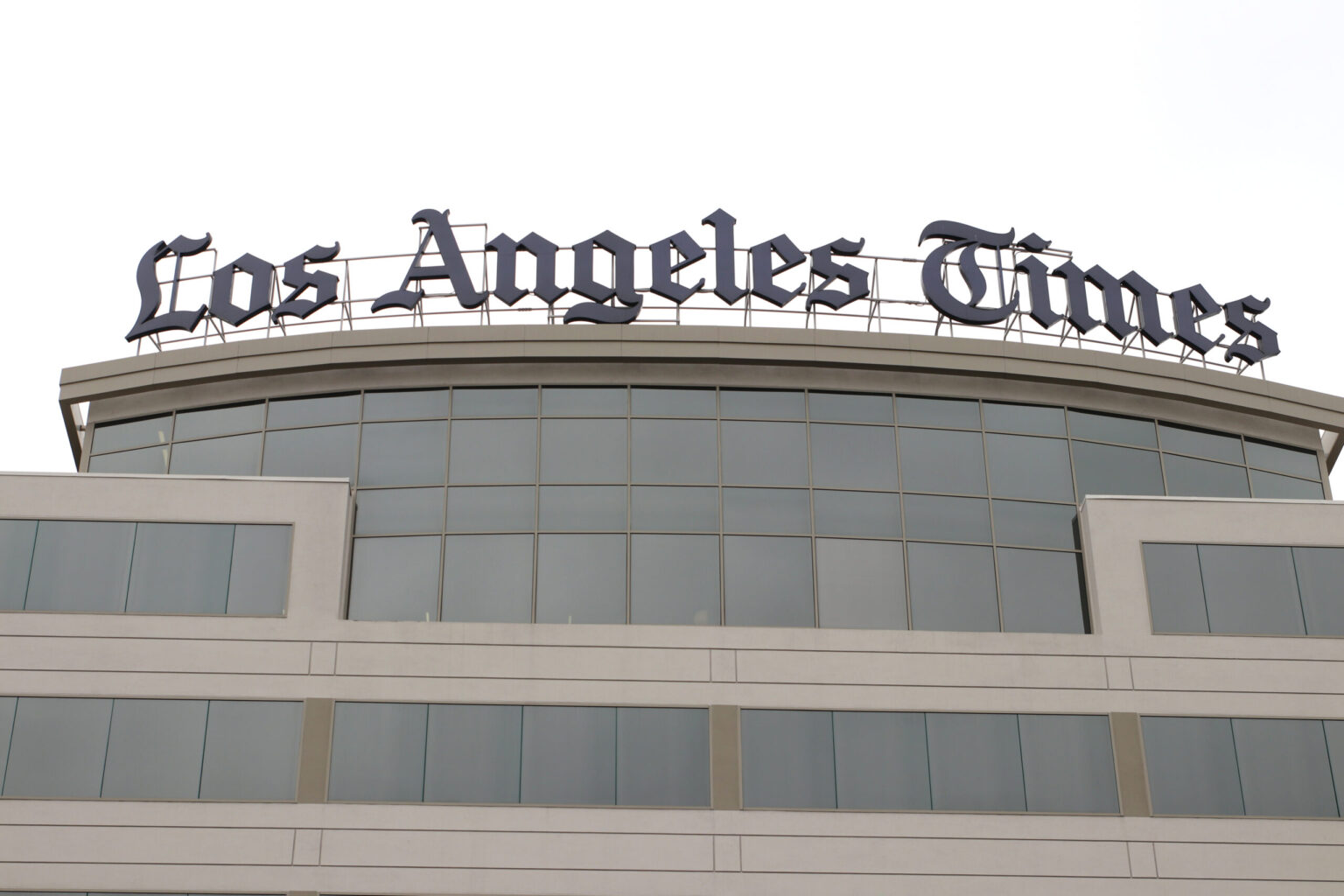The recent political landscape has revealed unexpected tensions within liberal media as the Los Angeles Times chose not to endorse Kamala Harris for the upcoming presidential election. This decision triggered a significant backlash among its typically aligned readership, culminating in a series of subscription cancellations. Notably, the situation escalated to such an extent that the editorial page’s editor resigned, indicative of the internal chaos stirring within the publication. This event raises questions about the role that media endorsements play in shaping voter sentiments within the Democratic Party, highlighting a potential rift between the publication’s ownership and its editorial staff.
The Los Angeles Times’ refusal to endorse Kamala Harris drew ire from numerous readers and contributors, including notable figures in Hollywood. This discontent quickly manifested on social media, where disgruntled subscribers shared their cancellation notices, expressing their frustration toward both the newspaper and its owner, billionaire Patrick Soon-Shiong. Reports indicated that Soon-Shiong intervened to block an endorsement initially supported by the editorial board, prompting accusations of censorship and a perceived betrayal of liberal values from the newspaper’s audience. As a result, many subscribers felt compelled to voice their grievances publicly, showcasing a potent mix of anger and disappointment.
In response to the newspaper’s decision, several readers took to platforms like Twitter to vocalize their dissatisfaction, expressing feelings of betrayal. The diversity of voices among the angry subscribers ranged from writers to actors, all emphasizing a commitment to aligning their media consumption with their political beliefs. The emotional weight of their cancellations illustrated a considerable reliance on media endorsements as a measure of political fidelity, revealing the depth of loyalty many liberal readers expect from their local news outlets. Their dramatic reactions suggest that the endorsement process is not only about candidate support but also about the reinforcement of identity and shared values among the publication’s readership.
This incident also underscores the potential consequences media organizations face when straying from expected political stances. The outrage directed at the Los Angeles Times highlights the precarious balancing act that liberal media must perform in the current political climate. Should the outlet have opted to endorse a candidate aligned with more conservative principles, one can only speculate the volume of outrage it would have stirred. The situation illustrates the significant repercussions that decisions made at the editorial level can have on audience loyalty, reflecting the high stakes of maintaining a clear political narrative in contemporary journalism.
Moreover, the backlash against the editorial decision reflects a broader trend in media consumption, where audiences increasingly seek affirmation of their beliefs from news outlets. This desire for alignment with their political ideologies demonstrates a change in the relationship between media entities and their consumers, shifting into a realm where endorsement is seen as a necessity rather than an option. In this context, the lack of an endorsement from a prominent publication like the Los Angeles Times can be perceived as a direct affront, suggesting an ideological fracture between the outlet’s leadership and its core readership.
In conclusion, the non-endorsement of Kamala Harris by the Los Angeles Times has illuminated significant underlying tensions between the editorial board’s intentions and the ownership’s control over content. The resulting backlash and subscription cancellations emphasize the critical importance of media endorsements in the political arena and the emotional connection many readers have with their chosen publications. As the media landscape continues to evolve, it remains essential for outlets to navigate these complex dynamics carefully, ensuring that they maintain the trust and loyalty of their readership amid a rapidly changing political environment.

